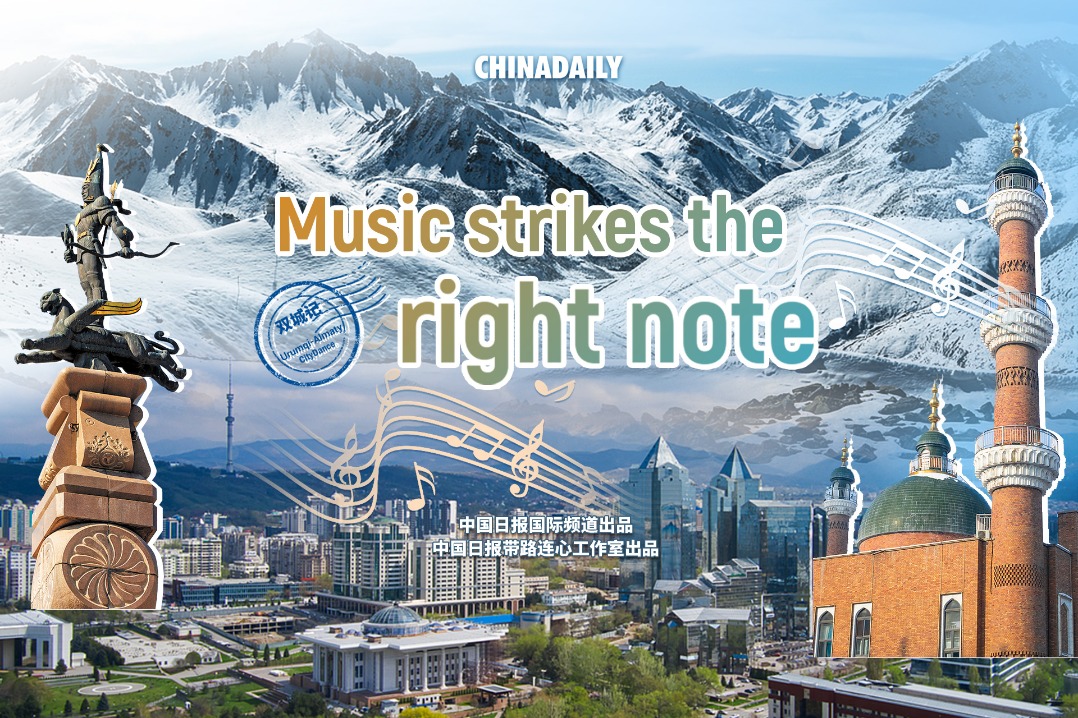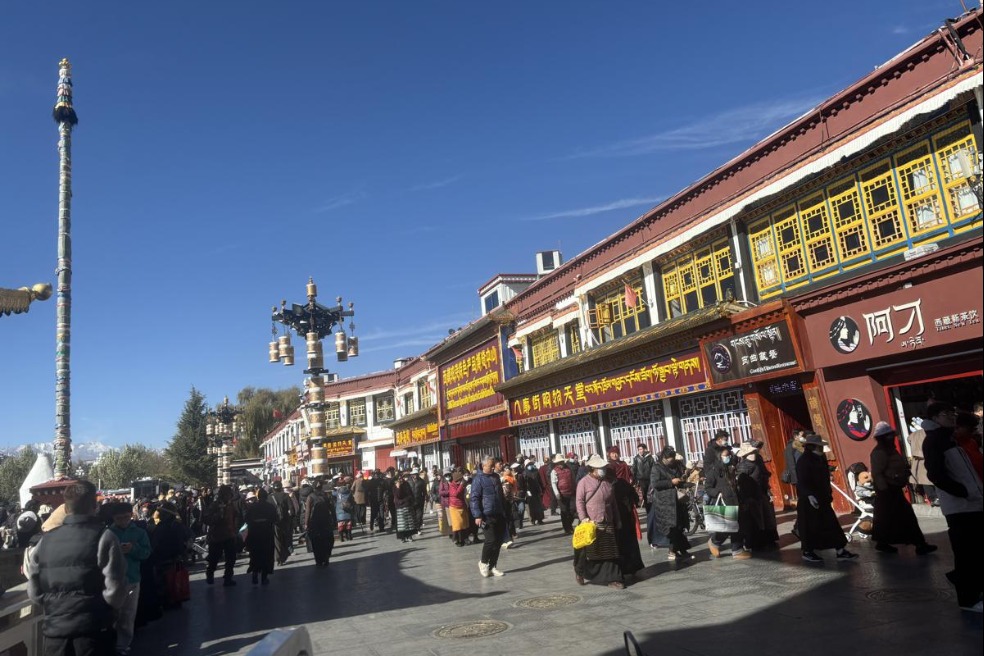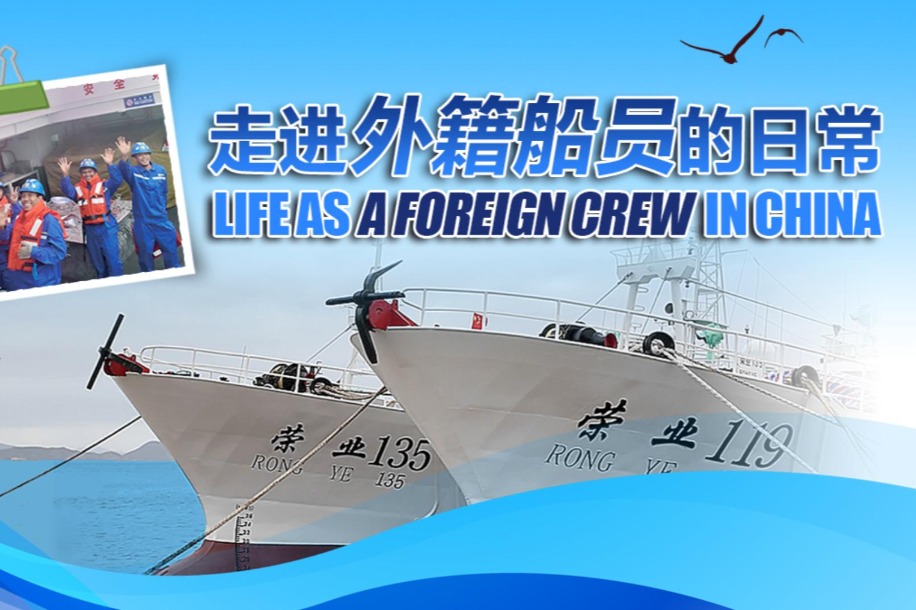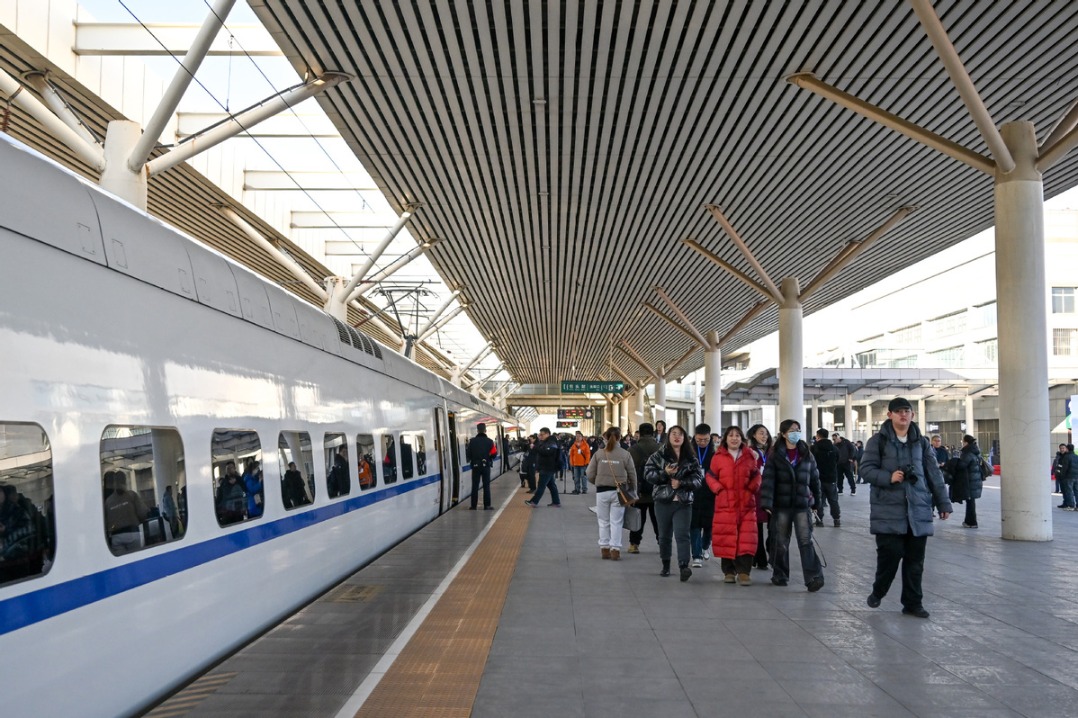On parched fields, Venezuela's little-leaguers are dreaming big

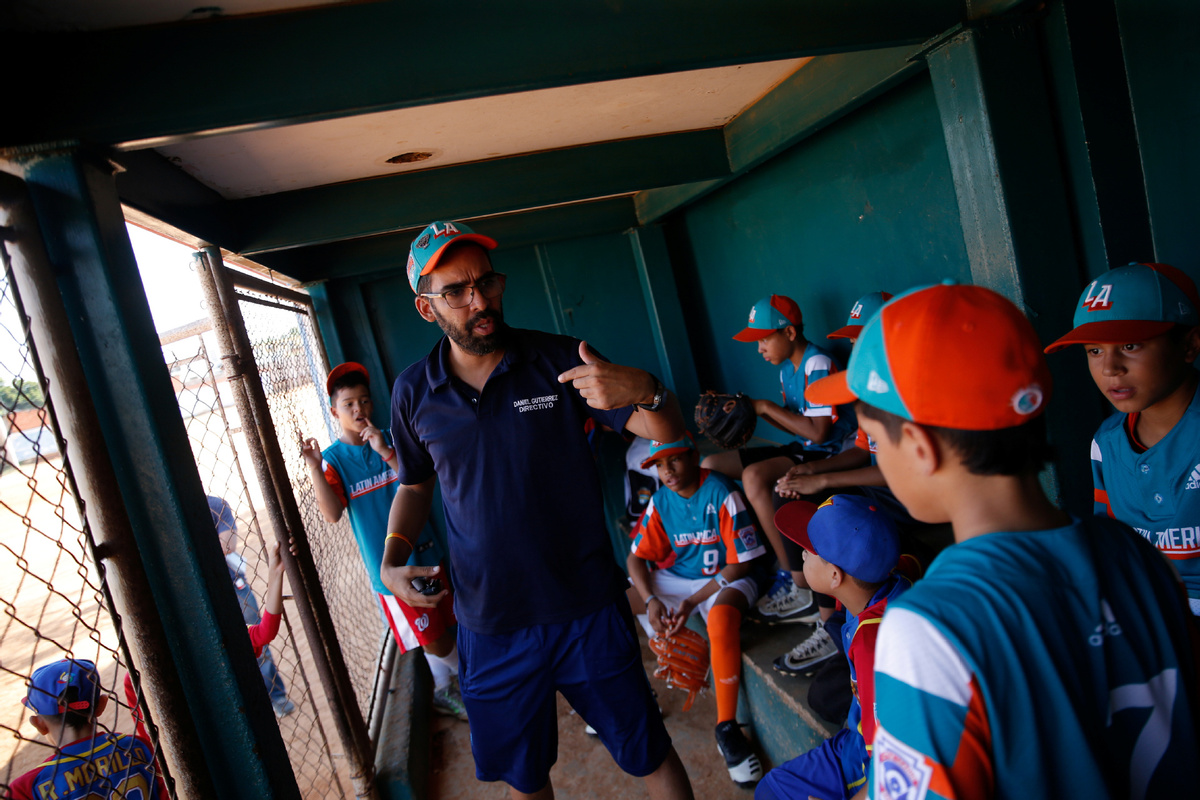
Many businesses have shut down since a wave of lootings during a prolonged power outage in March, leaving a cityscape marked by boarded-up storefronts and abandoned buildings.
Two days after returning to Maracaibo, Salcedo woke up in the middle of the night after an outage knocked out his fan, leaving him tossing and turning in the Caribbean heat.
He was so tired the next day that his mother, 44-year-old single homemaker Diana Nunez, had to browbeat him into doing his workout routine, which includes a makeshift weights session with two sand-filled bottles strung to a pole.
Nunez said she used to serve her son beef or chicken every day, but lately she can only buy meat three times a week.
Unlike the well-manicured US ballparks, the field where Cacique Mara practices has no grass. A pump that used to irrigate it was stolen two years ago, and lights, which once allowed teams to practice at night, have been out for years.
Funding for the US trip and visa expenses, both for Cacique Mara's little-league team and for a younger division that won a Latin America-wide championship in Mexico in August, was a major challenge.
Ultimately, the teams had to rely almost entirely on contributions from Venezuelan major-leaguers and complimentary tickets from airlines due to a lack of support from the cash-strapped government, according to Cacique Mara director Daniel Gutierrez.
"It wasn't like this before, but now even gloves and cleats are luxuries," Gutierrez said.
Venezuela's Youth and Sports Ministry and the government's Information Ministry did not respond to requests for comment.
But Pedro Infante, the minister for youth and sports, has blamed the US "economic and financial blockade" on Venezuela for preventing the government from importing equipment and paying for athletes to travel overseas.
Baseball was briefly ensnared in the diplomatic dispute between Caracas and Washington last month, when the MLB banned players from participating in the upcoming Venezuelan professional league season due to US sanctions.
"When I arrived in the United States I was impressed," said outfielder Eduar Pinto, 12, who enjoyed going out to eat and playing in the games room in the team's dorm in Williamsport.
"When the time came to return, I didn't want to come back. I wanted to stay there."
While players' families often struggle to buy them everything they need, relief could be on the way soon for at least some of Cacique Mara's stars. Many are aiming to join one of Maracaibo's numerous private baseball academies, which provide players with food and equipment in exchange for a cut of any eventual professional contract they may sign.
Such contracts are far from guaranteed in the hyper-competitive world of sports, however, and Nunez acknowledged her son may have to put his hopes on hold.
"If he doesn't make the major leagues, it doesn't matter to me, but I want him to study, to be a professional," said Nunez, whose brother - like more than a million other Venezuelans - has migrated to neighboring Colombia to find work and help the family.
"If he doesn't graduate, he's not going to get a job. Let's hope that by then, Venezuela will have gotten better."
Reuters














